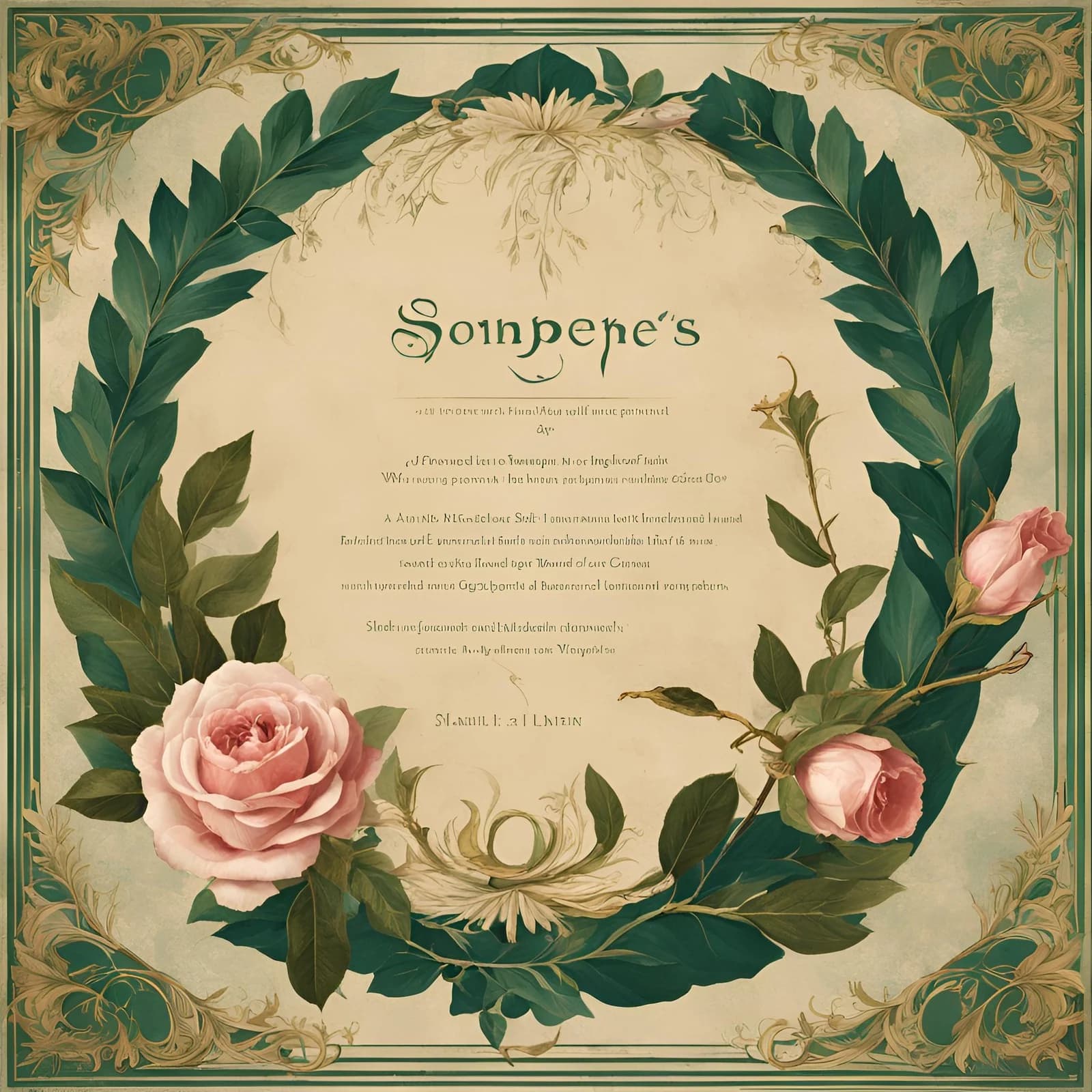莎士比亚十四行诗第44首 | 莎士比亚十四行诗
更新时间:1/19/2025, 12:32:27 PM

原文
If the dull substance of my flesh were thought, Injurious distance should not stop my way, For then despite of space I would be brought, From limits far remote, where thou dost stay. No matter then although my foot did stand Upon the farthest earth removed from thee; For nimble thought can jump both sea and land, As soon as think the place where he would be. But, ah, thought kills me that I am not thought, To leap large lengths of miles when thou art gone, But that so much of earth and water wrought, I must attend time’s leisure with my moan, Receiving naught by elements so slow But heavy tears, badges of either’s woe.
译文
那距离远得害人,我也要出发,
只要我这个笨重的肉体是思想;
这时顾不得远近了,从海角天涯
我也要赶往你所待着的地方。
那没有关系的,虽然我的脚站在
这块土地上,离开你非常遥远,
敏捷的思想能跃过大陆跟大海,
只要一想到自己能到达的地点。
但是啊!思想在绞杀我:我不是思想——
你去了,我不能飞渡关山来追踪,
反而,我是土和水做成的,这样,
我只得用叹息,来伺候无聊的闲空;
俩元素这么纯,拿不出任何东西,
除了泪如雨,两者的悲哀的标记。
注释
假使诗人的肉体是思想,他就将飞到他爱友身畔去,不论那有多远。但不幸他的肉体并不是思想,反而是土和水所做的,而这两个元素只能绐他泪水。——第九行中的“思想在绞杀我:我不是思想”,意谓:我的肉体不是思想,不能飞……一想到这个我就异常痛苦,这念头好像在绞杀我一样……第十一行中的“土和水”,罗马诗人奥维德认为一切物质都是由土、水、风(空气)、火这四大元素构成的,他说:“我认为这无穷的宇宙包含着四种元素,一切事物都由此产生。四者之中,土与水因重浊而下降,另一对即空气与火因轻清而上升,无人能使之下沉。”(见奥维德《变形记》)第十三行:“俩元素”指第十一行“土和水”。第十四行:“两者”指土与水。